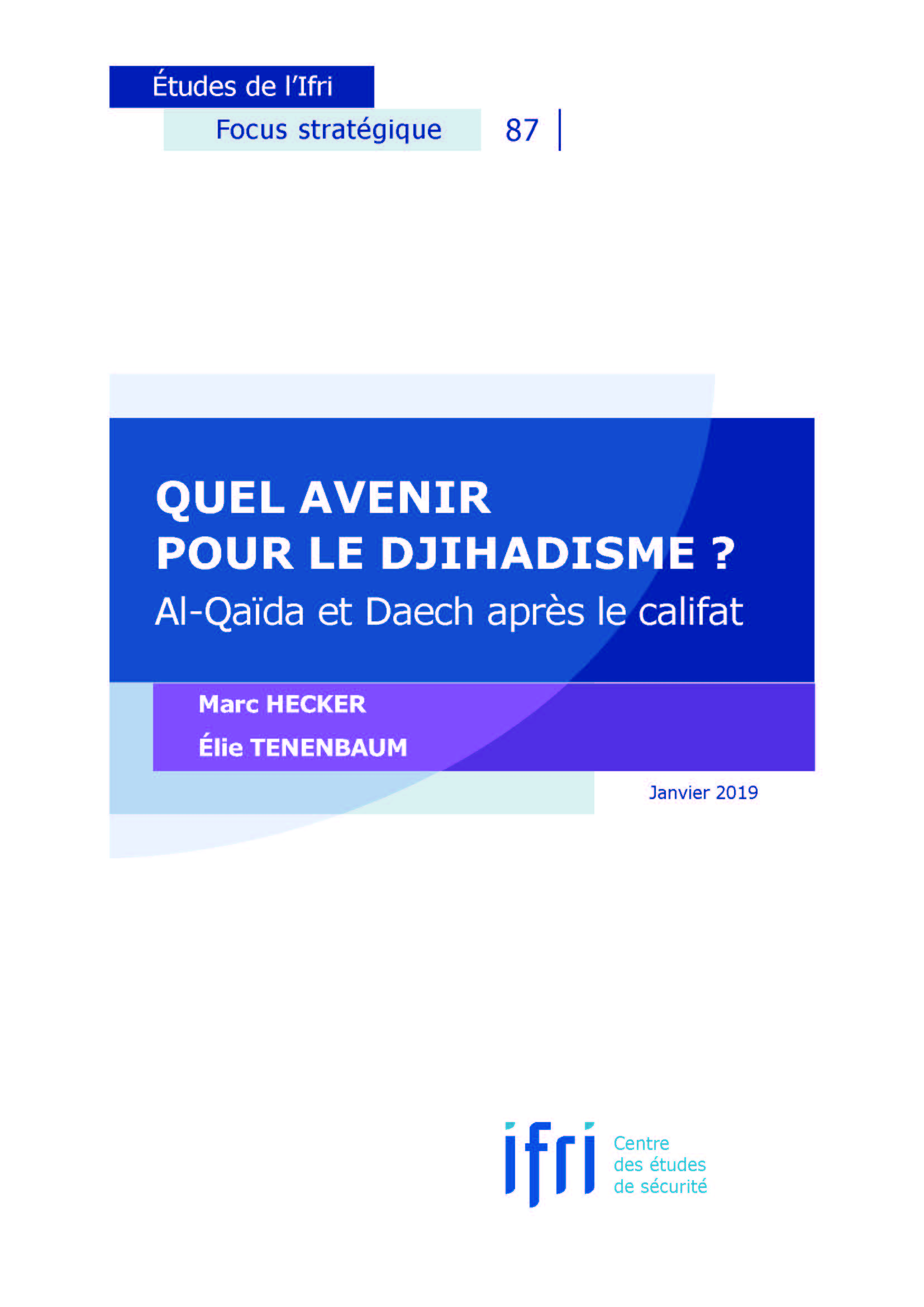Quel avenir pour le djihadisme ? Al-Qaïda et Daech après le califat

Despite a relative weakening since 2017, the international jihadist movement should continue to pose a genuine threat over the next decade.
The Islamic state’s territorial grasp in Iraq and Syria has now receded under the assault of its various opponents. With the loss of its sanctuary, ISIS’ ability to plan and carry out terrorist attacks in Western countries has greatly diminished. Yet, the group is far from being defeated. More generally, the jihadist movement remains very active in the Levant and throughout the world. Since the 9/11 attacks, it has shown not only its resilience but also its capacity to regenerate and innovate. This report, which has a prospective aim, analyses the global and local trends that will shape jihadism in the years to come. It presents a general picture of the status of forces in the different fronts where the armed forces are operating and reviews their operating procedures.
This content is available in French: Quel avenir pour le djihadisme ? Al-Qaïda et Daech après le califat.
Related centers and programs
Discover our other research centers and programsFind out more
Discover all our analysesThe Franco-German Brigade and the Revival of European Defense
One thing has been clear since Donald Trump's return to the White House: the very existence of the European unification project is threatened. Unless it develops a sovereign defense policy to counter the war in Ukraine and the weakening of American security guarantees, the European Union will continue to see its internal cohesion and external attractiveness wane.
Taking the Pulse: Can Europeans Build Their Independent Extended Nuclear Deterrent?
Confronted with a U.S. disengagement and the Russian threat, Europeans are reconsidering their stance on nuclear deterrence. Given the capabilities of the French and British arsenals, can Europe develop an independent nuclear deterrent?

RAMSES 2024. A World to Be Remade
For its 42nd edition, RAMSES 2024 identifies three major challenges for 2024.
A Transatlantic Defense Industrial Base? Two Contrasting Views
The evolving landscape of global defense cooperation has brought the transatlantic relationship between the United States (US) and Europe into sharp focus. As geopolitical tensions rise and the threat environment becomes more complex, the question of how Europe can best ensure its security while navigating its relationship with the United States has become paramount. This double feature report offers two contrasting views on the dynamics of US-Europe defense industrial relations, highlighting the challenges and opportunities that lie ahead for both parties.












